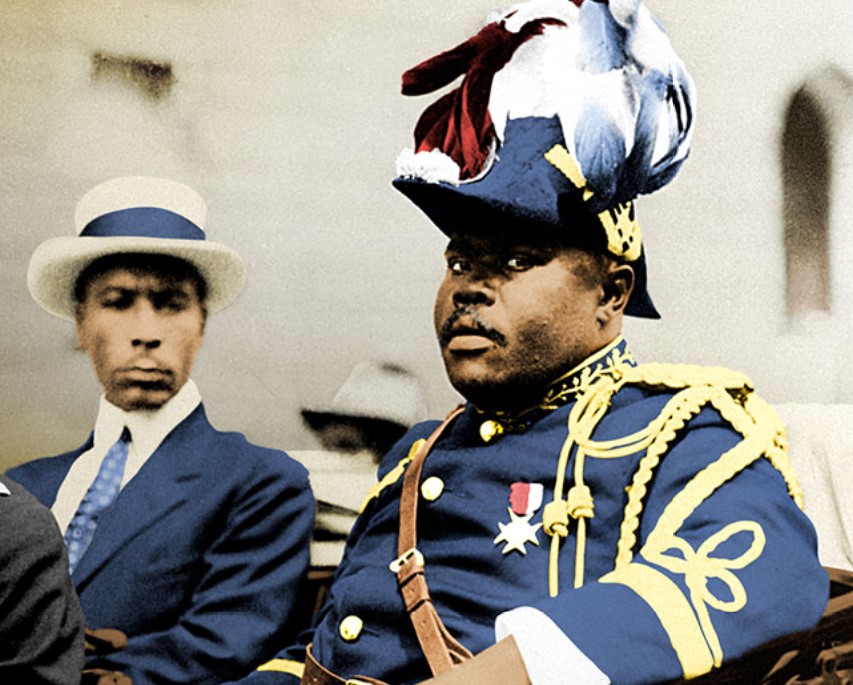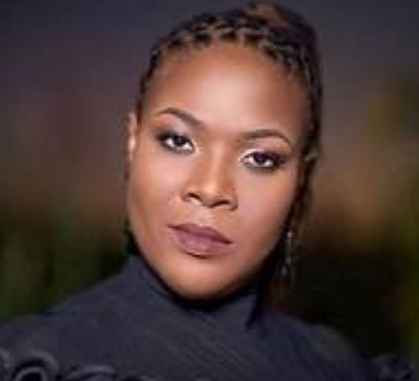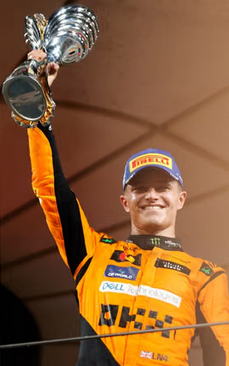Known for its strong sense of self identity expressed through its music, food and rich cultural mix, Jamaica's influence extends far beyond its shores.
With luminaries such as the Black nationalist Marcus Garvey and musician Bob Marley, Jamaicans are proud of their cultural and religious heritage. Jamaicans have migrated in significant numbers to the United States, Canada and Britain and their music stars are known around the globe.
The island is the birthplace of Rastafarianism, a religious movement which has been adopted by groups around the world who venerate the former Ethiopian emperor Haile Selassie. Once regarded as a revolutionary threat, Rastafarianism became a cultural force, reflected in art and music.
Since independence from Britain in 1962, power in Jamaica has alternated between the social-democratic People's National Party and the conservative Jamaica Labour Party.
Political stability, however, has not turned into social and economic harmony.
Andrew Holness, a former education minister and leader of the Jamaican Labour Party, became prime minister in March 2016.
He governs with a slim one-seat majority after his then-opposition party beat the party of Portia Simpson Miller, Jamaica's first female head of government, in elections.
Among the challenges the government faces is a high rate of youth unemployment and dealing with the country's heavy debt.
Jamaica has a free press. Broadcast media are mainly commercial and carry diverse comment. The country ranks highly in the World Press Freedom Index published by Reporters Without Borders.

















